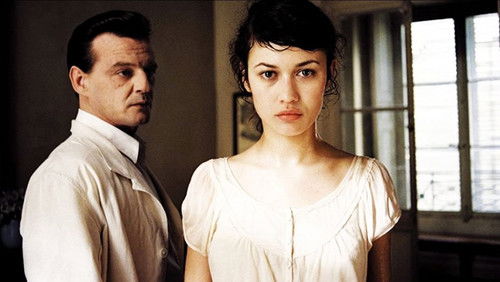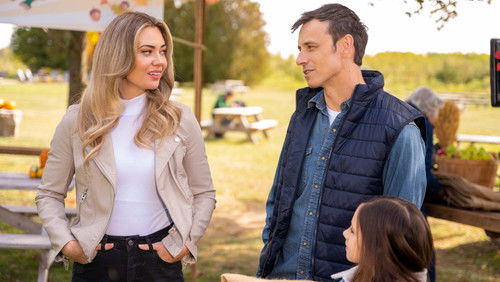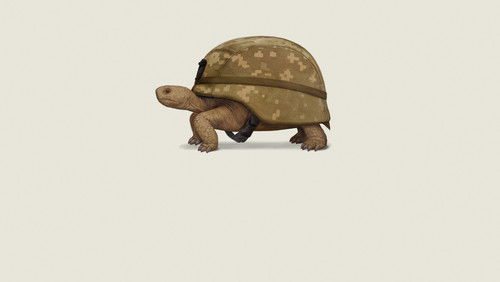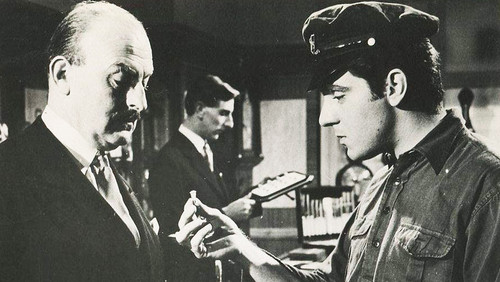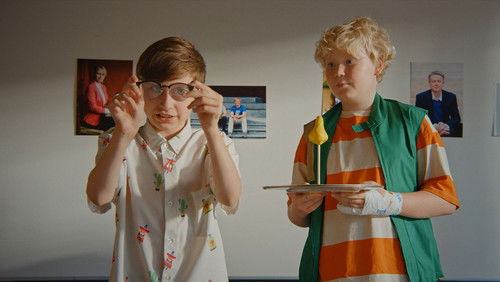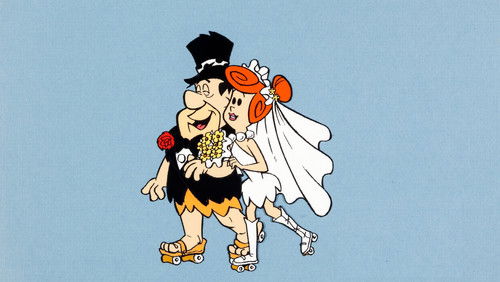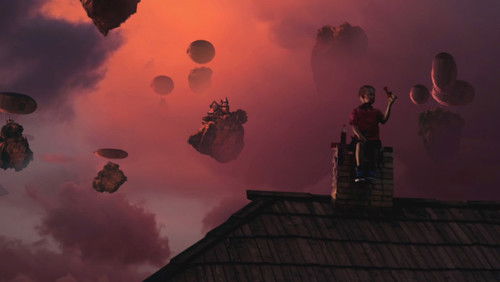Schmutziger Kleinkrieg (1983)
61KSchmutziger Kleinkrieg: Directed by Héctor Olivera. With Federico Luppi, Víctor Laplace, Héctor Bidonde, Rodolfo Ranni. A small revolution breaks out in a small Argentine town, as one group of Peronists calls they newly elected peronist a communist. The newly elected official enlists the aid of allies ranging from the town drunk to young peronists to help hold his post. What follows is a slapstick war with a serious message.
“Prior to his return to Argentina in June 1973, former president Juan Domingo Perón, living in exile in Spain, summoned the left wing of his Peronist Party (Montoneros, Peronist Youth and other groups) to create the conditions that would press the military government into allowing him to come back to Argentina and to be a candidate in national elections. Since his overthrow in 1955 he had been banished from Argentina and the Peronist Party was not allowed to participate in elections.u003cbr/u003eu003cbr/u003eThe Peronist left, especially the Montoneros, carried out their assignment to perfection creating, by means of guerrilla actions, a climate of tension and uncertainty that convinced the military that the return of Perón was the only alternative to an outright civil war.u003cbr/u003eu003cbr/u003eAt the head of his party Perón won the elections in July 1973 by a large margin. Almost immediately he began to appoint to key government positions members of the Peronist right and of organizations like the AAA = Argentine Anticommunist Alliance. There were rumblings from the Montoneros and the left. In May 1974, in a stunning betrayal, Perón disowned the Montoneros in a public speech, in fact expelling them from the Peronist party. The speech had the (intended or unintended) consequence of encouraging the AAA, the military intelligence services and the police to hunt the Peronist left down. It was the official start of the Dirty War, which became especially murderous when the military took power in 1976, lasted until 1981 and cost 30,000 lives.u003cbr/u003eu003cbr/u003eOsvaldo Sorianou0026#39;s novel No Habrá Mas Pena ni Olvido narrates the initial stages of the Dirty War in the fictional small town of Colonia Vela. The title of the novel is taken from the lyrics of a tango sung by Carlos Gardel in the thirties and still known by heart by Argentines of all ages; it literally translates into (a place or a time where) u0026quot;there will be no suffering or forgettingu0026quot; and it is associated with Peronu0026#39;s return, that happens sometime before the action takes place. The novel can be qualified as u0026quot;perfectu0026quot;; it is short and to the point, intense and deeply moving.u003cbr/u003eu003cbr/u003eSoriano (a journalist in Jacobo Timermanu0026#39;s prestigious but short lived newspaper u0026quot;La Opiniónu0026quot;) took the Argentine literary establishment by storm. He was an admirer (but not an imitator) of Dashiell Hammett and Raymond Chandler, and his writing style was seldom seen in Argentina outside of pulp fiction; relentless, nonstop action peppered with black humor, supported by spare, at times telegraphic dialogue. Characters come to life through their actions more than through their words. u003cbr/u003eu003cbr/u003eDirector Hector Olivera has done a very good job of putting Sorianou0026#39;s novel on screen, although some of the most violent action is better described (as in the book) than shown. He is supported by an excellent cast, the best Argentine actors of the time: Federico Luppi, Ulises Dumont, Julio de Grazia and the veteran Lautaro Murúa in a short but essential role. The other actors are equally excellent.u003cbr/u003eu003cbr/u003eOlivera has been involved (either directing or producing) with more than fifty Argentine movies from 1951 to 2010, most of them through his own production company, Aries Cinematográfica founded with director Fernando Ayala in 1956. Most of this movies have been straight commercial fare, some box-office hits. With the profits, Olivera has been able to produce/direct quite a few quality films. A Funny Dirty Little war is one of them. See the film, then read Sorianou0026#39;s novel if possible in its original Spanish.”
